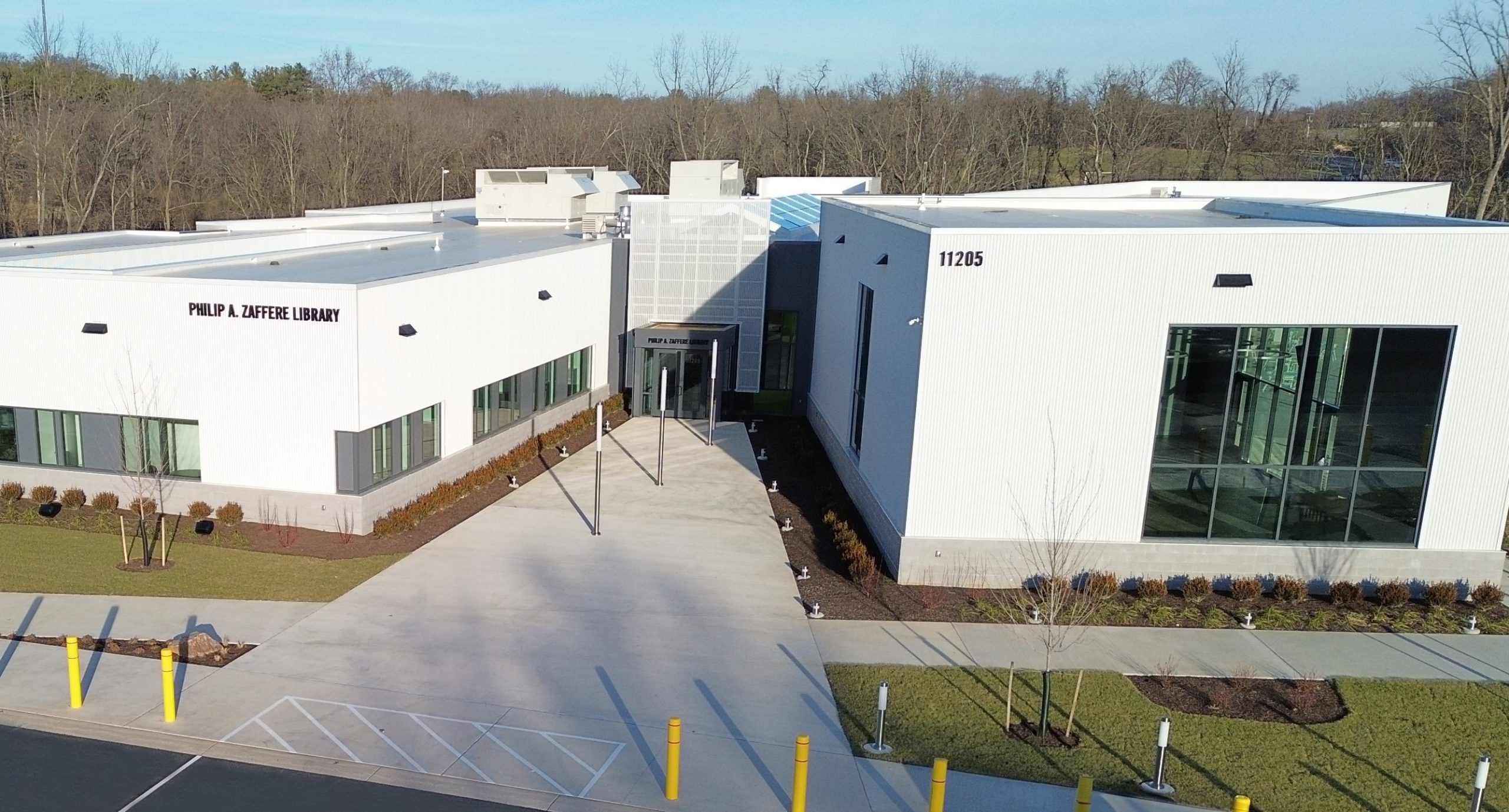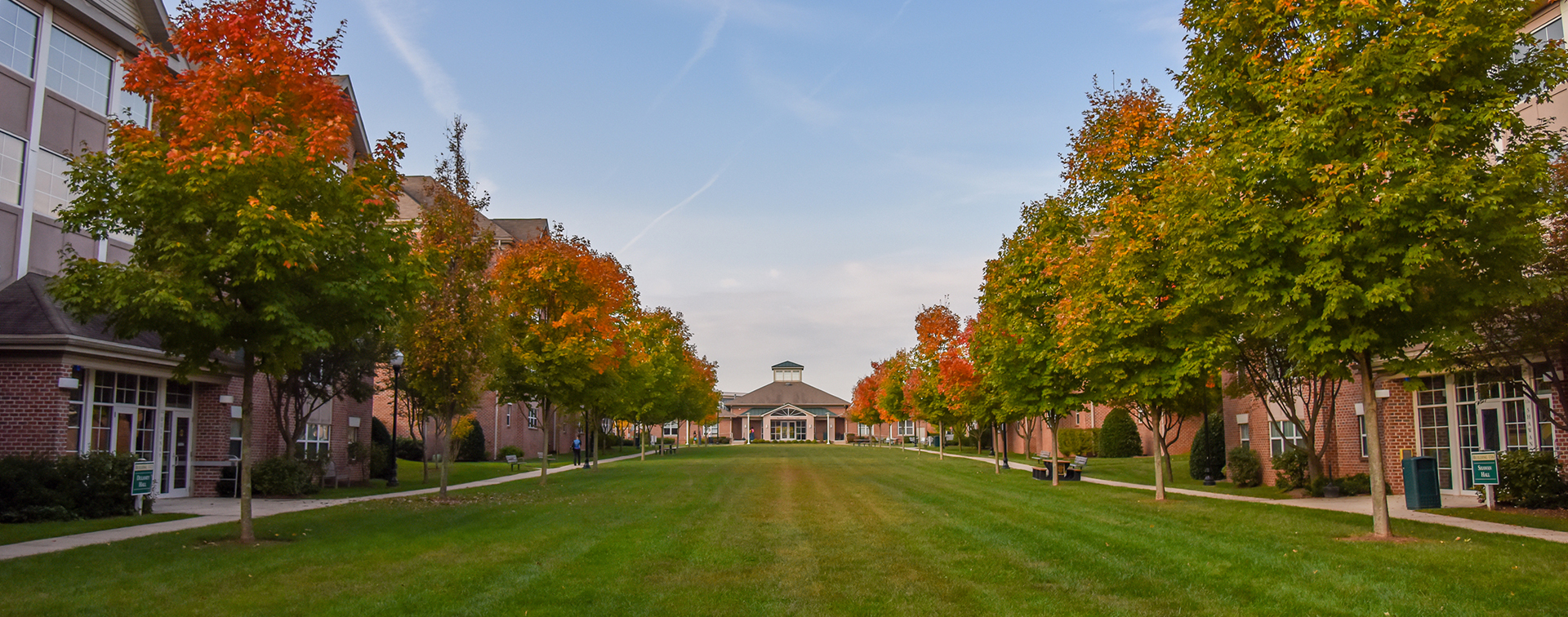Responsibilities of All Full-Time and Adjunct Faculty
- Adherence to the ethical standards of the teaching profession as defined in this Policy Manual.
- Teaching assigned classes in accordance with the ąű¶ł´«Ă˝Ö±˛Ą Catalog descriptions and the stipulations of the department
- Employing methods designed to maximize student learning.
- Notifying the Office of Academic Support whenever it appears that a student’s repeated absence or performance is endangering the student’s success.
- Holding classes for the full scheduled number of minutes and in the room assigned by the Registrar.
- Informing students of the time(s) and location of scheduled office hours and holding at least three scheduled office hours per week.
- When the absence is known in advance, arranging for a substitute instructor or rescheduling the class, with the approval of the Department Chair, Program Coordinator, Associate Dean, or School Dean.
- Submitting to the office of the School Dean by the requested dates the: a. syllabus for each course
b. textbook selection for each course - Gaining familiarity with the information in the University Catalog and the Stevenson Policy Manual.
Additional Responsibilities of Full-Time Faculty
In addition to the responsibilities noted in Subsection 4.7 above, full-time faculty are responsible for:
- Maintaining standards of teaching worthy of accreditation; seeking to improve instruction through the best current practices as demonstrated by professional development activities, departmental recommendations, and advice of the Faculty Mentoring Evaluation Committee.
- Participating in departmental, School or University-wide faculty meetings; assuming responsibility for attendance and for an equitable share of the work, including the taking and proper disposal of minutes.
- Attending in academic garb the annual Convocation, the Winter Commencement, and at least one of the three May Commencement ceremonies.
- Adhering to the Outside Employment Policy.
- Participating in the orientation activities of the University.
- Participating in the academic advising of students.
- Continuing to participate in professional development activities.
Academic Freedom
ąű¶ł´«Ă˝Ö±˛Ą subscribes to the following definition of academic freedom contained in the American Association of University Professors’ 1940 Statement of Principles on Academic Freedom and Tenure:
Institutions of higher education are conducted for the common good and not to further the interest of either the individual teacher1 or the institution as a whole. The common good depends upon the free search for truth and its free exposition.
Teachers are entitled to full freedom in research and in the publication of the results, subject to the adequate performance of their other academic duties; but research for pecuniary return should be based upon an understanding with the authorities of the institution.
Teachers are entitled to freedom in the classroom in discussing their subject, but they should be careful not to introduce into their teaching controversial matter that has no relation to their subject.
Limitations of academic freedom because of religious or other aims of the institution should be clearly stated in writing at the time of the appointment.
The University and university teachers are citizens, members of a learned profession, and officers of an educational institution. When teachers speak or write as citizens, they should be free from institutional censorship or dis
but their special position in the community imposes special obligations. As scholars and educational officers, they should remember that the public may judge their profession and their institution by their utterances. Hence, they should at all times be accurate, should exercise appropriate restraint, should show respect for the opinions of others, and should make a demonstrable effort to indicate that they are not speaking for the institution.
Statement of Professional Ethics
[The statement that follows is a revision of a statement originally adopted in 1966 that was approved by the American Association of University Professors, Committee on Professional Ethics. It was adopted by the Association’s Council in June 1987 and endorsed by the Seventy- third Annual Meeting.]
- Professors, guided by a deep conviction of the worth and dignity of the advancement of knowledge, recognize the special responsibilities placed upon them. Their primary responsibility to their subject is to seek and to state the truth as they see it. To this end professors devote their energies to developing and improving their scholarly competence. They accept the obligation to exercise critical self-discipline and judgment in using, extending and transmitting knowledge. They practice intellectual honesty. Although professors may follow subsidiary interests, these interests must never seriously hamper or compromise their freedom of inquiry.
- As teachers, professors encourage the free pursuit of learning in their students. They hold before them the best scholarly and ethical standards of their discipline. Professors demonstrate respect for students as individuals and adhere to their proper roles as intellectual guides and counselors. Professors make every reasonable effort to foster honest academic conduct and to ensure that their evaluations of students reflect each student’s true merit. They respect the confidential nature of the relationship between professor and student. They avoid any exploitation, harassment or discriminatory treatment of students. They acknowledge significant academic or scholarly assistance from them. They protect their academic freedom.
- As colleagues, professors have obligations that derive from common membership in the community of scholars. Professors do not discriminate against or harass colleagues. They respect and defend the free inquiry of associates. In the exchange of criticism and ideas, professors show due respect for the opinions of others. Professors acknowledge academic debt and strive to be objective in their professional judgment of colleagues. Professors accept their share of faculty responsibilities for the governance of their institution.
- As members of an academic institution, professors seek above all to be effective teachers and scholars. Although professors observe the stated regulations of the institution, provided the regulations do not contravene academic freedom, they maintain their right to criticize and seek revision. Professors give due regard to their paramount responsibilities within their institution in determining the amount and character of work done outside it. When considering the interruption or termination of their service, professors recognize the effect of their decision upon the program of the institution and give due notice of their intentions.
- As members of their community, professors have the rights and obligations of other citizens. Professors measure the urgency of these obligations in the light of their responsibilities to their subject, to their students, to their profession and to their institution. When they speak or act as private persons, they avoid creating the impression of speaking or acting for their university. As citizens engaged in a profession that depends upon freedom for its health and integrity, professors have a particular obligation to promote conditions of free inquiry and to further public understanding of academic freedom.3
______________________________________________________________________________
1 The intent of this statement is not to discourage what is “controversial.” Controversy is at the heart of the free academic inquiry that the entire statement is designed to foster. The passage serves to underscore the need for teachers to avoid persistently intruding material that has no relation to their subject.
2 There are no limitations of academic freedom at ąű¶ł´«Ă˝Ö±˛Ą other than such teaching as would deny the principle of human dignity (and consequently, of human freedom itself). ąű¶ł´«Ă˝Ö±˛Ą respects and guards every serious search for truth. Moreover, because ąű¶ł´«Ă˝Ö±˛Ą is committed to the furtherance of human dignity and freedom, it indoctrinates nothing; rather, it has confidence in the power of the human intellect and spirit increasingly to apprehend truth, which is best sought after honestly, without pressure and in the atmosphere of rational freedom.
3 Faculty Handbook of ąű¶ł´«Ă˝Ö±˛Ą, revised August 2002, pages 10-11.
Faculty Appeals Policy
(updated with editorial changes approved by the Faculty Welfare Committee, February 20, 2015)
Faculty have the right to seek a fair hearing regarding their performance and conduct as reflected in the Faculty Performance Appraisal. The Faculty Appeals procedure provides a method for voicing concerns when discussions between faculty and their supervisor have not been successful in resolving differences. Every attempt should be made to reconcile differences of perception at the faculty-supervisor level before proceeding to the appeals level.
Procedure
- When a Faculty Performance Appraisal has been completed and faculty have submitted comments reflecting a difference of opinion with the supervisor, a meeting should be held between both parties to discuss a possible reconciliation. Efforts to reconcile differences between the supervisor and faculty will occur at the School level, when applicable, prior to advancing to the appeals process.
- In the event that reconciliation has not occurred, the faculty member has one month to submit a written request for an appeal hearing to the Executive Vice President for Academic Affairs.
- The request will be forwarded to the Appeals Subcommittee of the Faculty Welfare Committee for scheduling of a hearing which should be held within one week if possible. The Faculty Welfare Committee will establish the Appeals Subcommittee on an as needed basis. A written notice of the appeals hearing will be sent to the faculty member and the designated contact person on the Appeals Subcommittee.
- The chair of the Appeals Subcommittee will schedule an appeals hearing. The faculty member and supervisor will be notified of this date.
- Two weeks prior to the hearing, the faculty member will submit documentation to support his/her appeal to the designated contact person on the Appeals Subcommittee. These materials will be kept confidential through the office of the Executive Vice President for Academic Affairs and will be on reserve checkout.
- Prior to the appeals hearing, members of the Appeals Subcommittee will review the documents submitted to support the appeal.
- The appeals hearing will be closed to the public with only committee members, the appealing faculty member, and the supervisor present. Additional testimony may be offered by faculty members invited by the appealing faculty member.
- During the appeals hearing, the appealing faculty member will testify and include other testimonies as appropriate.
- After the discussion with the faculty member and supervisor has been completed, the committee will hold a closed session to review the documents/testimony. The committee will offer a recommendation to the Executive Vice President of Academic Affairs.
- The Executive Vice President of Academic Affairs will review the recommendation from the committee and the appeals documentation submitted by the faculty member. Further conversations with the faculty member and supervisor may be requested.
- Within two weeks, the Executive Vice President of Academic Affairs will provide a written decision to the faculty member and supervisor.
Faculty Attendance at Commencements and Convocations
Full-time faculty are required to attend the fall convocation ceremony, the Winter Commencement, and at least one of the three May Commencement ceremonies. Adjunct faculty are invited to attend convocation and commencement ceremonies.
Support for Faculty Attendance/Participation at Professional Conferences
ąű¶ł´«Ă˝Ö±˛Ą faculty are strongly encouraged to attend and actively participate in professional conferences. To that end, the University provides financial support according to guidelines and funding levels established by the Faculty Council and approved by the President. Full-time faculty may receive funding for both conference attendance and for active participation in conferences (e.g., presenting papers, poster sessions). Part-time faculty may receive funding only for active participation in professional conferences. For more information, see guidelines and funding limits provided in this volume under “Funding for Conferences.”






